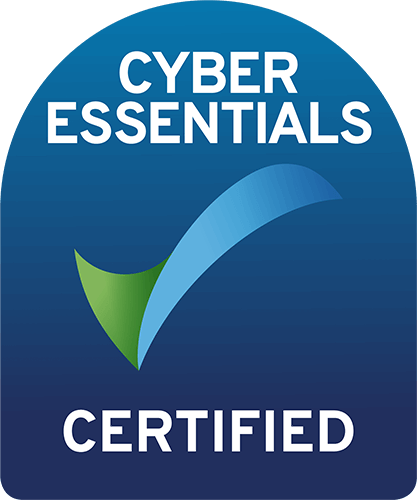Five key traits
During our time working with in-house legal teams, we almost always see lawyers actively influencing commercial deals.
Increasingly though, we have seen trusted in-house lawyers helping to shape the strategic direction of their organisations, but only when they have first gained the trust and respect of their commercial peers.
These are the five core characteristics we have noticed in the most high-impact in-house legal teams and individuals.
Alignment with business prorities
High-performing teams build their service delivery model around the needs of their business, first and foremost. Recruited expertise, headcount, technology are all carefully tailored for purpose.
They communicate clearly and frequently on deliverables, deadlines and priorities to ensure expectations are being met on fast-moving matters.
The very best teams we have seen develop a framework for consistently seeking feedback on what’s working and what’s not, allowing them to identify areas for structural development and then take action to fix them.
Teamwork and networking
Many matters facing in-house teams are complex and require technical expertise and input from different business functions.
Firstly, successful teams are organised to maximise collaboration between their own team members. They share information, coordinate to develop new expertise and recognise the value of creative thinking.
The best in-house teams pre-emptively build strong networks across their organisations by contributing to project boards, hosting idea incubators or training sales teams. The internal networks they develop are invaluable when the next multi-functional project comes along.
Multi-skilled lawyers
Exceptional teams recognise that non-legal skills are just as valuable as their legal knowledge, particularly in combination.
We have seen lawyers proficient (and often qualified) in project management, accounting and finance, data analysis, technology, public speaking, team building and commercial negotiations.
Teams that allocate time and budget to developing skills that complement their legal knowledge continuously reap the benefits.
Budgets are always tight, but there are often opportunities to make use of skills exchanges within the business, perhaps by seeking coaching from colleagues in other business units in return for relevant legal training.
Understanding your business
The most influential in-house legal teams understand their business inside-out.
By blending their legal know-how with a firm grasp of their business, in-house lawyers are able to pre-empt problems instead of reacting to them.
Business-savvy lawyers also clearly understand their organisation’s risk profile and are far better positioned to choose to mitigate or to take a commercial view on any given risk.
Moreover, it is only by truly understanding their organisation’s business that senior in-house lawyers can provide valuable input into strategic decision-making and gain a seat at the top table.
Adopting new solutions
An increasing number of in-house functions are tactically outsourcing work to a growing ecosystem of specialist providers and adopting emerging legal technologies.
Using carefully selected external providers and technologies for specific types of work can have a lasting impact on improving service quality without increasing overall spend.
Technology can automate repeatable tasks and processes, such as simple document drafting, and can significantly speed up contract review or empower stakeholders to self-serve.
Technologies increasingly offer the ability to collect useful data and enable evaluation of that data. Progressive legal teams recognise the valuable insights those data sets can offer their organisations as a way to increase overall efficiency and to empower both legal and commercial decision-making.
In our experience, the more a legal team can use data to demonstrate value, the more likely that team is to become strategically influential within the organisation.
About Clearlake
Clearlake Law provides fractional general counsel services to organisations across multiple technology sectors doing business in the United Kingdom.
Please feel free to reach out directly to Dan Stanton on dan.stanton@clearlake.law or 0204 570 8741 to learn more about how we work with our prized business customers.




